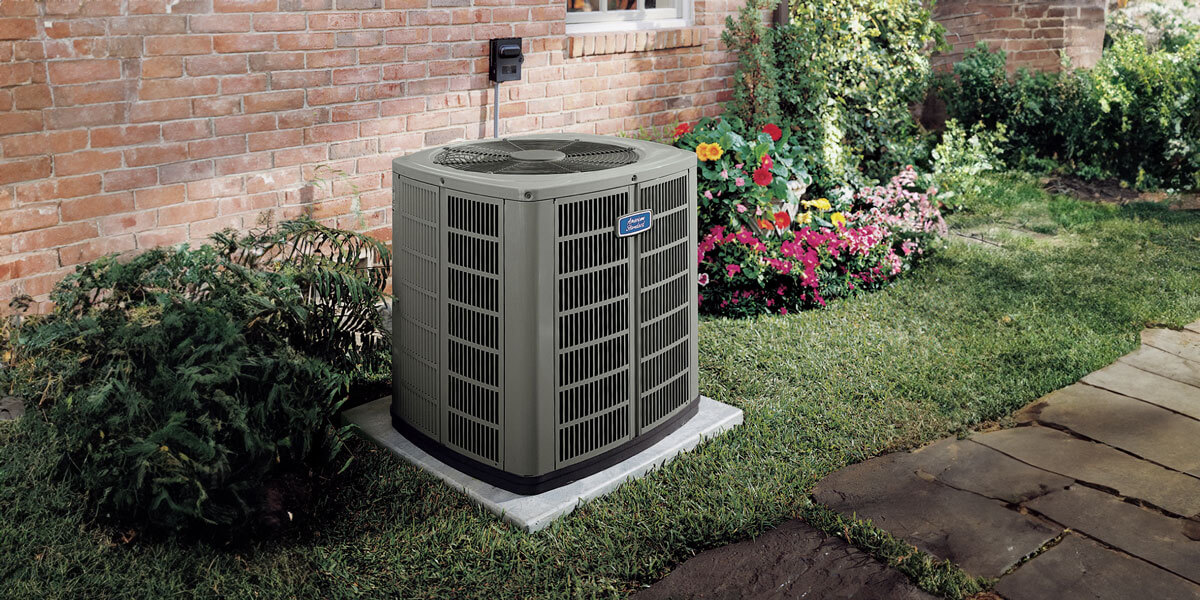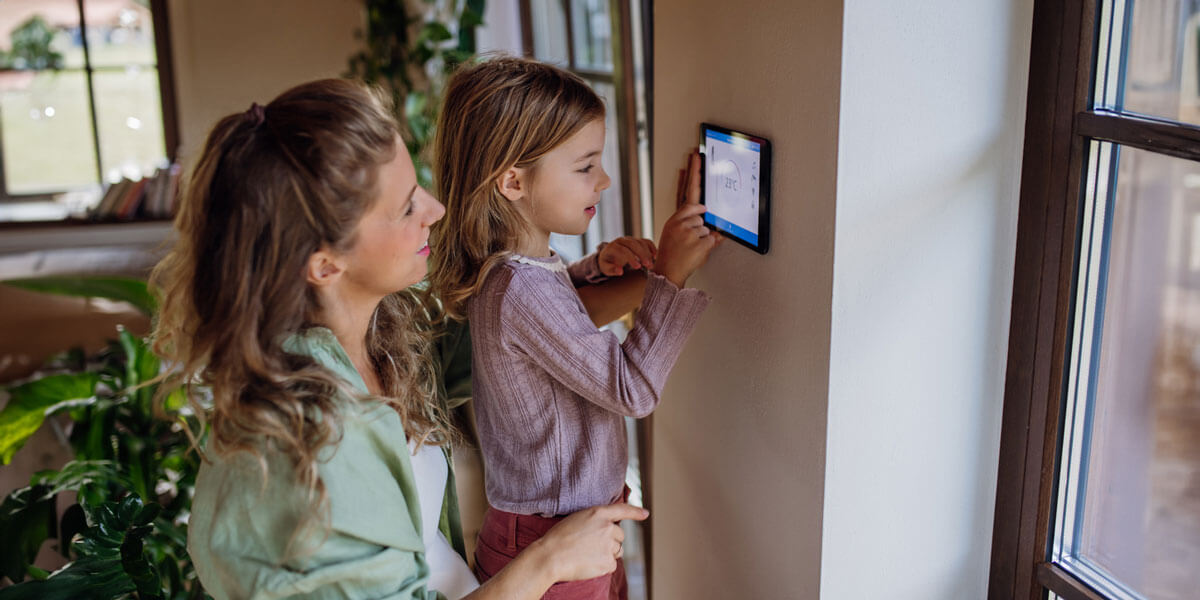For Arizona homeowners seeking to optimize their heating efficiency and reduce energy costs, a home heat pump is a valuable investment.
What Is a Home Heating Pump?
A home heating pump, also known as a heat pump, is a versatile HVAC system that can both heat and cool your home. Unlike traditional furnaces that rely on combustion to generate heat, heat pumps transfer heat from one location to another. In the winter, they extract heat from the outside air, even when it’s cold, and transfer it indoors to warm your home. Here are some advantages of investing in a home heating pump.
Energy Efficiency
Heat pumps are significantly more energy-efficient than traditional furnaces. They can reduce your energy consumption and lower your heating bills by up to 30% or more. This is because they don’t rely on fossil fuels for heating, making them a more environmentally friendly option.
Versatility
Heat pumps can both heat and cool your home. This eliminates the need for separate heating and cooling systems, simplifying your HVAC setup and reducing maintenance costs.
Quiet Operation
Heat pumps are generally much quieter than furnaces, providing a more peaceful and comfortable living environment.
Improved Air Quality
Unlike furnaces that can release combustion byproducts into your home, heat pumps do not. This can improve indoor air quality and create a healthier living space.
Government Incentive
When you purchase an energy-efficient heat pump, there are government tax credits available. The tax credit is 30% of the total project cost including equipment and installation, up to a $2,000 limit.
Durability
Heat pumps are typically more durable than traditional furnaces, with longer lifespans and fewer maintenance requirements.
Is a Home Heating Pump Right for You?
Consulting with your qualified HVAC professionals at Bruce’s can help you determine if a home heating pump is the right choice for you. By investing in a home heating pump, you can enjoy significant energy savings, improved comfort, and a more sustainable living environment. Heat pumps are a smart choice for those seeking to optimize their home’s heating and cooling systems.
Heat Pumps
Bruce’s is a leading carrier of American Standard heat pumps and heat pump parts. Every energy efficient American Standard heat pump is built with long lasting parts to provide both cold and warm air. Call Bruce’s Air Conditioning & Heating at 480-968-5652 today to schedule your appointment to learn more about the advantages of home heat pumps.
















